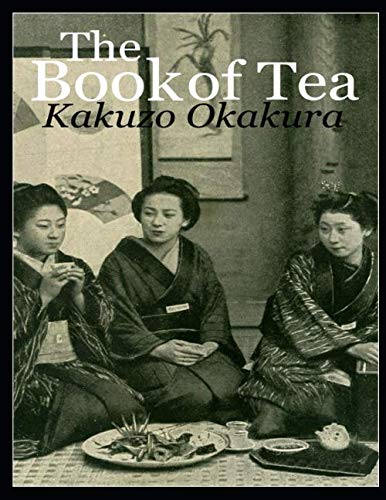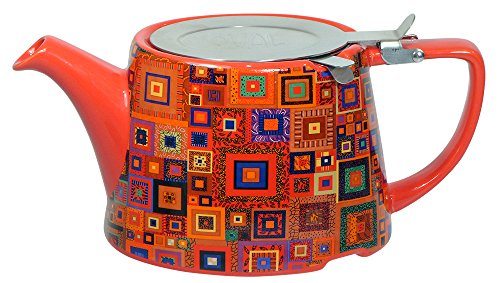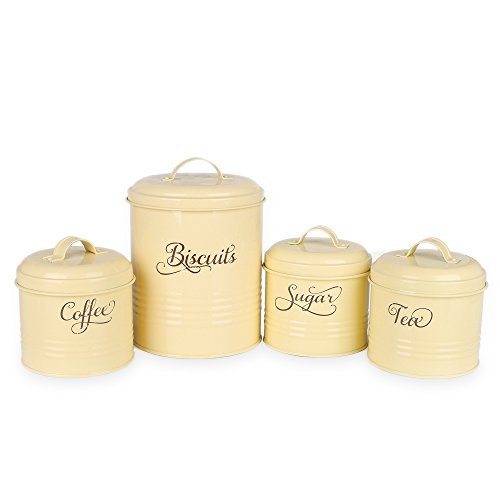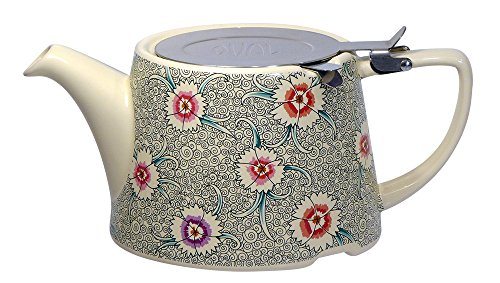The Book of Tea
The Book of Tea was written by Okakura Kakuzo in the early 20th century. It was first published in 1906, and has since been republished many times.In the book, Kakuzo introduces the term Teaism and how Tea has affected nearly every aspect of Japanese culture, thought, and life. The book is accessibile to Western audiences
The Book of Tea was written by Okakura Kakuzo in the early 20th century. It was first published in 1906, and has since been republished many times.In the book, Kakuzo introduces the term Teaism and how Tea has affected nearly every aspect of Japanese culture, thought, and life. The book is accessibile to Western audiences because Kakuzo was taught at a young age to speak English; and spoke it all his life, becoming proficient at communicating his thoughts to the Western Mind. In his book, he discusses such topics as Zen and Taoism, but also the secular aspects of Tea and Japanese life. The book emphasises how Teaism taught the Japanese many things; most importantly, simplicity. Kakuzo argues that this tea-induced simplicity affected art and architecture, and he was a long-time student of the visual arts. He ends the book with a chapter on Tea Masters, and spends some time talking about Sen no Rikyu and his contribution to the Japanese Tea Ceremony.According to Tomonobu Imamichi, Heidegger’s concept of Dasein in Sein und Zeit was inspired — although Heidegger remains silent on this — by Okakura Kakuzo’s concept of das-in-dem-Welt-sein (to be in the being of the world) expressed in The Book of Tea to describe Zhuangzi’s philosophy, which Imamichi’s teacher had offerred to Heidegger in 1919, after having followed lessons with him the year before.













Philosophy, Life, Art, Flowers, Architecture, This Moment… and Tea. Appreciation. Published in 1906, Okakuraâs âBook of Teaâ espouses that tea is the foundation for a system of life, a philosophy, and itâs associated benefits all conspire to bring together that which is fundamental, holistically and spiritually. From Taoist and Zen upbringings, Teaism (not a typo!) comes with an admixture of the two as a world-philosophy, disposition and mindset. Being in the here and now and as Okakura writes: âThe whole ideal of Teaism is a result of this Zen conception of greatness in the…
Beatiful book about beauty of the moment I love this book!It is not only a guide through history of tea, but a guide through the history of humanity, history of the relation between East and West and its values. The way it is written is poetic but it is still showing what the main differences between East and West are and how we are unable to understand the beauty of the moment, the beauty of present time, which is in the center of the tea ceremony.Western people are so determined to stick to their past and trying so hard…
Not Really About Tea! First off, not really about tea. It’s an overview of the history and philosophy of China and Japan through talking about tea. Okakura is a Japanese author who learned English at a young age, written in 1906.I found this book by clicking around on some links about Wabi-Sabi and because of my love for Chinese Tea I decided to read this one. The tea ceremony’s I have been involved in are certainly rich, simple, peaceful experiences, it has a similar effect as yoga on mind and body. I…